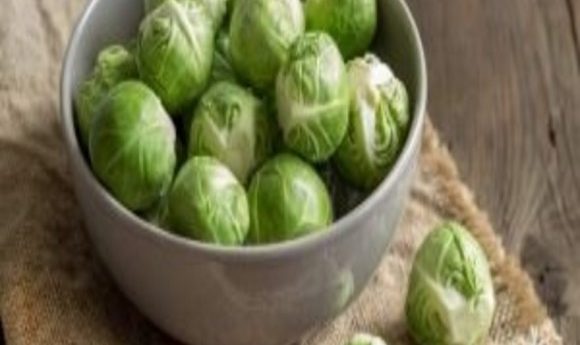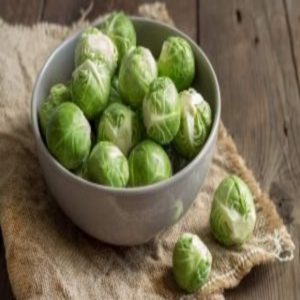Brussels sprouts and pumpkins

How do cooking methods alter the nutrients of vegetables and which methods maximize health benefits?

Cooking techniques affect the nutritional quality of vegetables just like they affect taste, smell, and texture. Is it better to boil, steam, bake, or grill vegetables and how long should they cook to optimize nutrition? Researchers at the University of Parma studied Brussels sprouts and pumpkins, two vegetables common in autumn and winter, to find how to preserve their nutrition, color, and texture.
“By optimizing the temperatures and duration of cooking time, you can enhance the nutritional qualities of vegetables. But, overcooking vegetables can result in a loss of antioxidant properties,” said Maria Paciulli, first author of the study.
Paciulli and her colleagues gathered their vegetables and evaluated different cooking conditions, including a combination steam convection oven, which uses dry and moist heat. When air-steamed in this oven, Brussels sprouts softened more and retained more antioxidants compared to steamed sprouts, which previous studies had proven to preserve excellent vegetable quality and nutrition. Air-steamed pumpkin cubes, on the other hand, softened equally to steamed ones, but darkened in color and preserved more antioxidants under the strongest cooking conditions.
“The increase in antioxidants after cooking is hypothesized to be related to the release of bio-active molecules from damaged cells, to the breaking of some chemical bonds in which they were trapped, or even to the formation of more antioxidant derivatives,” said Paciulli.
Paciulli suggests that air-steam cooking under suitable conditions may be a better alternative to traditional steam cooking for vegetables like pumpkin and Brussels sprouts in preserving and even improving their quality.